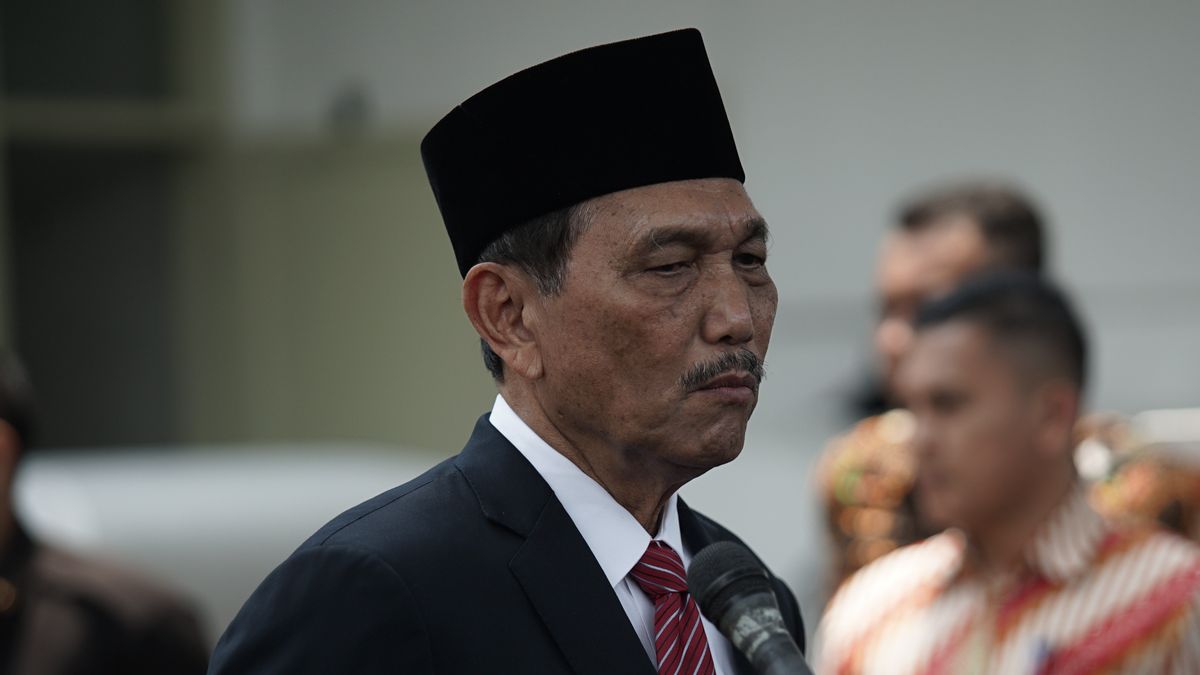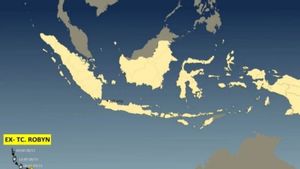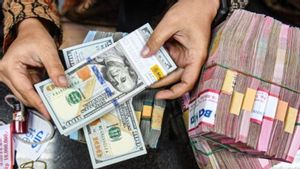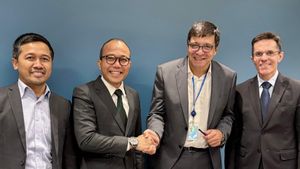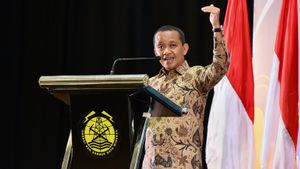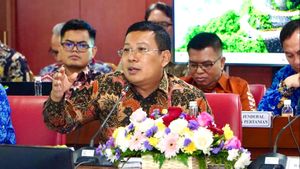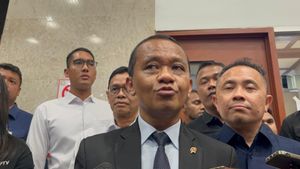JAKARTA - The Coordinating Minister for Maritime Affairs and Investment Luhut Binsar Pandjaitan revealed that Indonesia has been named a country with middle to upper income by the World Bank.
"I would like to convey good news for us, that Indonesia was announced by the World Bank to have risen from a lower middle income country to an upper middle country," he said, at the launching of the 'Proud to be Made in Indonesia' campaign, Wednesday, July 1.
Luhut admitted that he was somewhat surprised by the news. This is because this new status was determined when the domestic economy was weak in the midst of the COVID-19 pandemic. So far, Indonesia's economic status determined by the World Bank is a country with lower middle income.
"I was also quite surprised to see this because it was announced at a time like this," he said.
The requirements for becoming a country with middle to upper income according to the World Bank must have a national income or gross national income (GNI) of 3,896 US dollars (US) to 12,055 US dollars or the equivalent of Rp. 55 million to Rp. 171 million per year.
Meanwhile, countries with high income are those whose income is more than US $ 12,055 and countries with middle and lower income with income of US $ 996 to US $ 3,895 or the equivalent of Rp. 14 million to Rp. 55 million.
Meanwhile, based on data from the Central Statistics Agency (BPS) in 2019, the average income of Indonesians per year reached 3,927 US dollars or the equivalent of Rp. 56 million, up from the previous year 3,876 US dollars or equivalent to Rp. 51.9 million.
Previously, Minister of Finance Sri Mulyani Indrawati revealed that the challenge for the Indonesian economy in the next few years is to escape from the middle-income trap.
This is because it took Indonesia 23 years to be included in the category of an upper middle income country or an upper middle income country from the category of a lower middle income country.
Sri Mulyani said, only a few countries had managed to escape the middle income trap, namely Singapore, Japan and South Korea. For that, according to him, Indonesia must pay attention to several problems related to productivity, competitiveness and human resources (HR).
"This has been conveyed by Mr. President (Joko Widodo) before COVID-19, we must focus on developing human resources, infrastructure, bureaucracy, regulation and economic transformation for Indonesia to become a productive, competitive, and highly efficient institution," said Sri Mulyani.
Meanwhile, President Joko Widodo (Jokowi) is optimistic that Indonesia can escape the middle income trap by 2045. At that time, Indonesia will be among the countries with the largest economy. Gross domestic product (GDP) is targeted to reach 7 trillion US dollars.
For your information, the middle income trap is a situation when a country is able to reach the middle income class, but cannot move up to the class of developed countries.
The English, Chinese, Japanese, Arabic, and French versions are automatically generated by the AI. So there may still be inaccuracies in translating, please always see Indonesian as our main language. (system supported by DigitalSiber.id)
